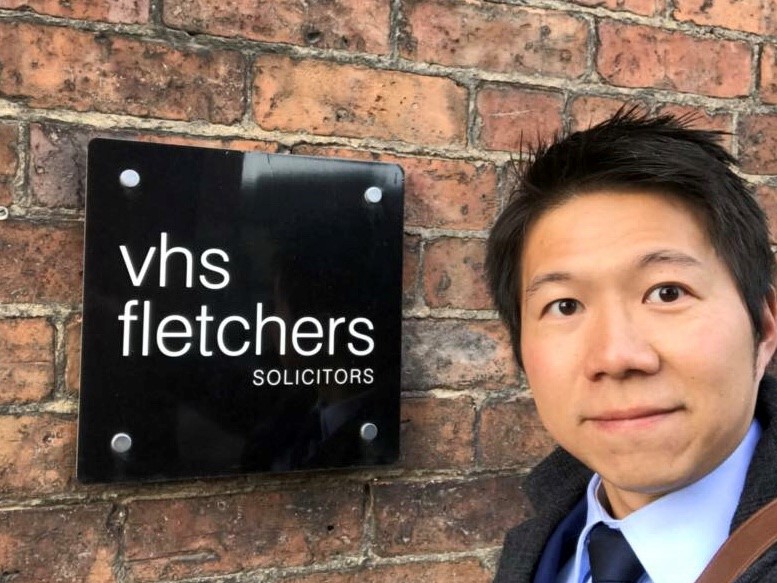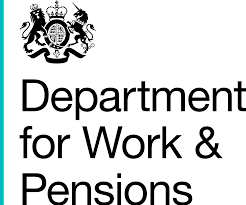Category Archives: News
Nottingham solicitor advocate Andrew Wesley and senior Crown Court litigator Caine Ward worked together on a case dependent upon the evidence of a self-styled paedophile hunter.
The trial was heard at Nottingham Crown Court and finally resolved in our client’s favour.
‘Investigation’ followed a familiar pattern…
The case followed a familiar pattern. The paedophile hunter had posted comments in various online chat rooms posing as a teenage girl. A person using the profile of our client had made contact and begun a sexually inappropriate conversation including sending explicit images. The paedophile hunter then arranged a meeting between the person and the girl.
Of course, if the person went to meet the child then instead he would be confronted by the vigilante. The confrontation would then be filmed and posted on social media. It is only then that the police are called.
…until nobody turned up at the meeting
This case was different, however, in that nobody turned up to the meeting apart from the hunters. They made visits to our client’s address but again to no avail. This did not prevent them posting their allegations on social media despite the fact they lacked the final part of the jigsaw to say who was responsible.
The police were eventually called and our client was arrested. Following interview he was charged with the attempts to contact children to send or receive sexual images. (((check the offences))))). It transpired that his profile had been used in three separate contacts with children.
Defence set out very early on in proceedings
Our client set out his defence very early on. He stated that he was not responsible for the messaging and that somebody else had been using his profile although he could not say who. On his behalf, Caine told the court and the prosecution that the mobile phone handsets used by his client and the paedophile hunters would need to be examined by the defence bearing in mind the defence.
The evidence provided so far was in the form of screenshots rather than the individual messages within the applications. An analysis of both the applications and WhatsApp conversations would be necessary. The prosecution’s own telecommunications expert confirmed that such an examination would be necessary to look at the source and provenance of the messages.
One handset missing – but whose fault?
Andrew and Caine became increasingly concerned about whether the defence would have an opportunity to examine the handsets. Eventually, in relation to two sets of allegations, the prosecution confirmed that they did not have the phone. The key witness, the paedophile hunter, gave a statement stating that he had handed the phone to the police. The police denied that this was the case.
It appeared unlikely that the hunter was telling the truth as neither his original statement nor that of the officers contained any reference to a phone being received into evidence.
Delayed access for our expert witness
In relation to the final set of offences, the police only permitted access a week before the trial. The report received cast doubt on police evidence that certain photographs to be found in the screenshots of chats were recovered from our client’s phone handset. Andrew had been unable to find them and nor could our expert.
Andrew prepared skeleton arguments. The first was in relation to whether the prosecution ought to be allowed to carry on with the first two sets of proceedings. There had been a failure by the police to secure key evidence. We had been unable to properly examine the device that was the source of the screen shots.
Secondly, the Crown needed to apply to amend the indictment to add the final set of charges. The evidence did not appear to support the addition of these new charges as key photographic images had not been found on our client’s handset, despite police assertions to the contrary.
No-show of paedophile hunter at trial
The prosecution succeeded in its application to add two new charges to the indictment.
However, the witness who was responsible for the missing handset failed to attend court on the first day of the trial. He left a message that he would not be attending, but when further information was sought he refused to answer his phone or respond to messages.
Wisely the prosecution chose not to proceed with the first five charges.
Significant failure in disclosure of evidence by prosecution
Time had to be spent in resolving the issue of the missing photographs for the remaining two charges. It transpired that when our expert had examined the phone of the other paedophile hunter the police had not prepared their own download so no detailed analysis was possible within the timescale allowed by the police.
Further, both our expert and Andrew had only been given half the download of our client’s own handset. The images recovered from the memory card had not been supplied. As a result, at lunchtime on the first day of the trial Andrew was served with two further discs. The first was the contents of the memory card. This amounted to over 36 000 images contained within 12 500 pages of PDF pages.
The second disc was password protected and was the download disc for the paedophile hunter’s phone.
Somebody else’s holiday photos
During the evening, Andrew began to look at the contents of the memory card. It became clear that the photographs in the main did not belong to his client. There were hundreds of holiday photos that did not show his client. As the phone was brought second hand then it was assumed that these were the photos of the previous owner. The photos were not in date order and not catalogued in a way that would allow them to be examined so Andrew abandoned his analysis.
Password given by police was wrong
Andrew was unable to view the contents of the password protected disc. The following morning it became clear why. The police had missed a crucial digit from the password. When Andrew was able to open the disc at the start of day two of the trial he was faced with a further 1800 thumbnail images that were again not catalogued in a way that permitted analysis in the timescale of the trial.
Legal argument on abuse of process
As a result, Andrew prepared a further argument that maintained that it would be an abuse of the process of the court to permit the prosecution to proceed. Alternatively, Andrew argued that all of the evidence of the chats and the photographs should be excluded for unfairness under section 78 Police and Criminal Evidence Act 1984.
The Judge agreed with Andrew’s abuse of process argument and stayed the proceedings. She agreed with Andrew’s submission that in cases that were begun by amateur detectives such as paedophile hunters it was incumbent on the police and the prosecution to ensure that thereafter the defendant had the protection of the relevant law and rules.
Here our client was unable to have his case properly presented, even in relation to the last two charges, as the prosecution had not made early disclosure of relevant evidence in a way that permitted it to be examined and challenged. Neither Andrew or the defence expert had been able to prepare a proper challenge to the evidence in the case. Our client was unable to have a fair trial.
Proceedings were stayed and our client was discharged. The judge made the point that even if she were wrong to have stayed proceedings, she would have agreed with the application to exclude all of the evidence upon which the prosecution could found the case. The case would have ended in a similar way for our client.
Crown Court legal Aid ensured free representation
Our client had the benefit of legal aid. This ensured that he did not have to pay for the representation of either Caine or Andrew. Further, he did not have to pay for what was an expensive analysis of the handsets in this case. More about Crown Court legal aid can be found here.
Instruct an expert in defending Crown Court cases

We have lawyers skilled in defending Crown Court trials at all of our six offices across the East Midlands. Please find the office nearest to you here. VHS Fletchers will provide nationwide advice and representation, whether that is in police interview, before the Magistrates or at the Crown Court.
Alternatively you can use the contact form below.















